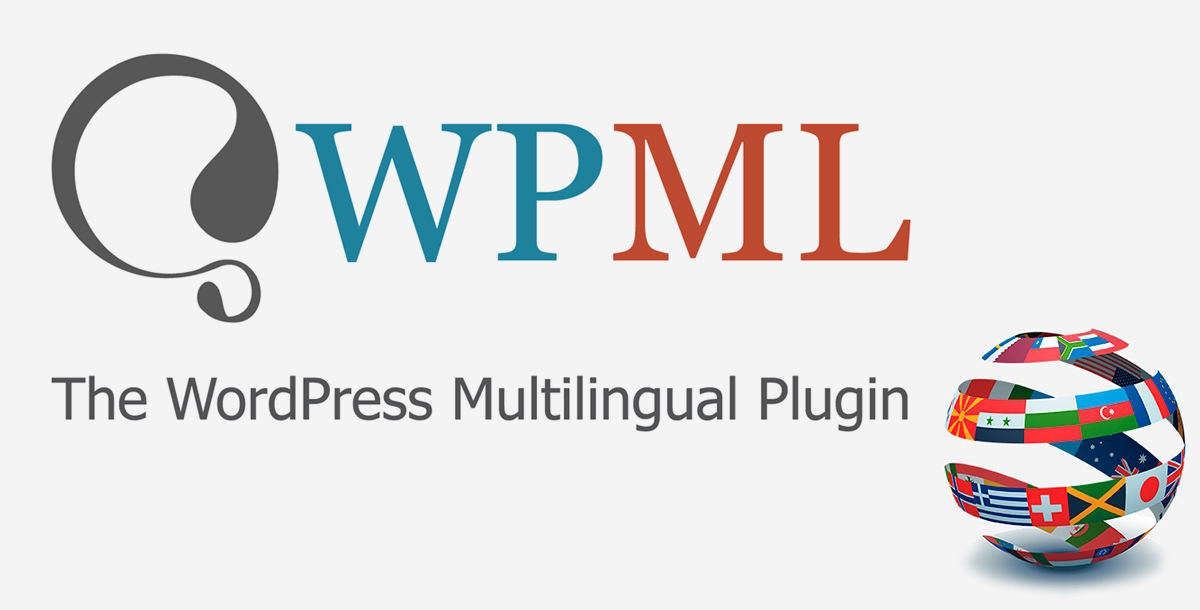As you expand into a global market you now wish to present your website to clients in their preferred language. Website translation can be time consuming and error prone… we have solutions!
WordPress continues to a be a favourite host for many small businesses. Their new Elementor page builder, incorporating the WPML plug‑in provides convenient website translation solutions.
Complete
With WPML you can translate pages, posts, custom types, taxonomy, menus and even the theme’s texts.
Compatible
Every theme or plugin that uses WordPress API runs multilingual with WPML.
Dependable
We provide full support for WPML, helping you deliver perfect websites on time.

How does WPML work?
Isolate content and send direct to translators. Translators only see text that requires translation, they do not have access to your site.
Translated content automatically uploads to your website. WPML also updates links (buttons, tabs, etc.) so they point to the appropriate translated pages.
However, CMS connectors cannot scale as your website grows. New content must be isolated and transferred manually. This can be time‑consuming, if using multiple translators.
Great for Multilingual SEO
WPML lets you fully optimize your site for SEO in multiple languages. You have full control over how URLs look. You can set SEO meta information for translations. Translations are linked together. Sitemaps include the correct pages and pass Google Webmasters validation. With WPML, search engines understand your site’s structure and drive the right traffic to the right languages.
USER-FRIENDLY AND CONVENIENT
NO IT EXPERTISE OR SUPPORT REQUIRED
SEO-FRIENDLY
For more information on the inner workings of WPML and also how to access it, visit: Translating WordPress sites with WPML and Quicksilver Translate
Not using WordPress? Or not sure if WPML will work for you? No problem! Quicksilver offers a number of website translation options.
Take a look at our Translation Proxy service!
SOLICITE SU FICHA DE AUTENTICACIÓN GRATUITA
Todos los campos marcados con asterisco (*) son obligatorios


